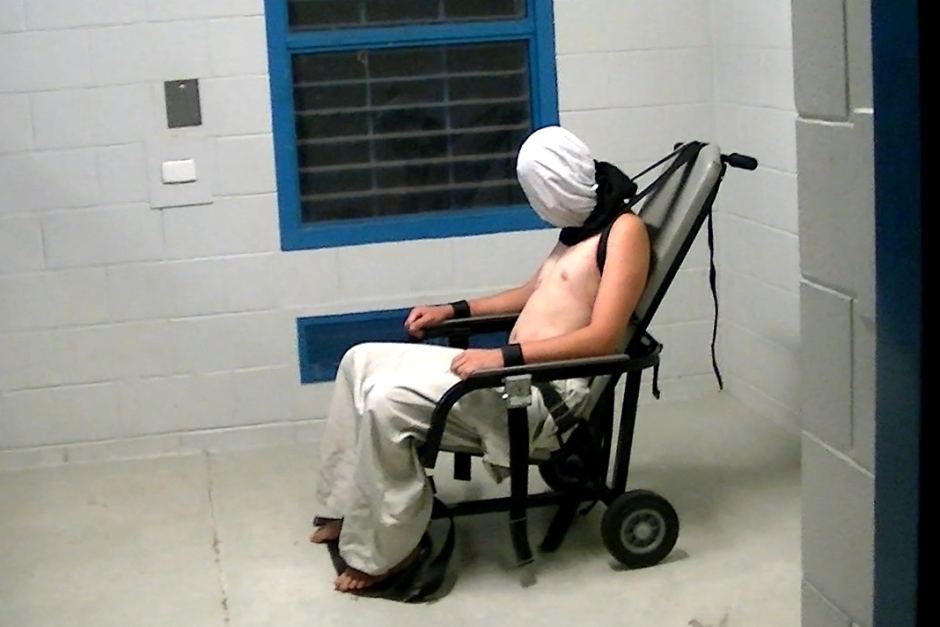
Photos courtesy of ABC
I still can’t get this image out of my head. A youth detained at the Alice Springs Youth Detention Centre is forcibly restrained and hooded. As Australians watched on in disbelief at the shocking Four Corners footage in July 2016, our Prime Minister quickly responded, setting up a Royal Commission to investigate practices inside the Northern Territory’s juvenile detention facilities and child protection system.
As part of a suite of supports put in place for young people and families making submissions to the Royal Commission, Relationships Australia was funded to provide counselling services. One of those to join the team, moving from Adelaide to Darwin was Daniel Hastwell.
In Epsiode 13 of ‘Talk the Walk’, you’ll get an inside look at what it’s really like to work alongside a Royal Commission using a trauma informed approach to counselling.
With over 90% of youth in detention being Aboriginal, this has got to be one of the toughest and most important jobs in the country at the moment.
In this episode, we explore:
- Daniel’s reaction to the Four Corners report which sparked the Royal Commission into the Protection and Detention of Children in the Northern Territory
-
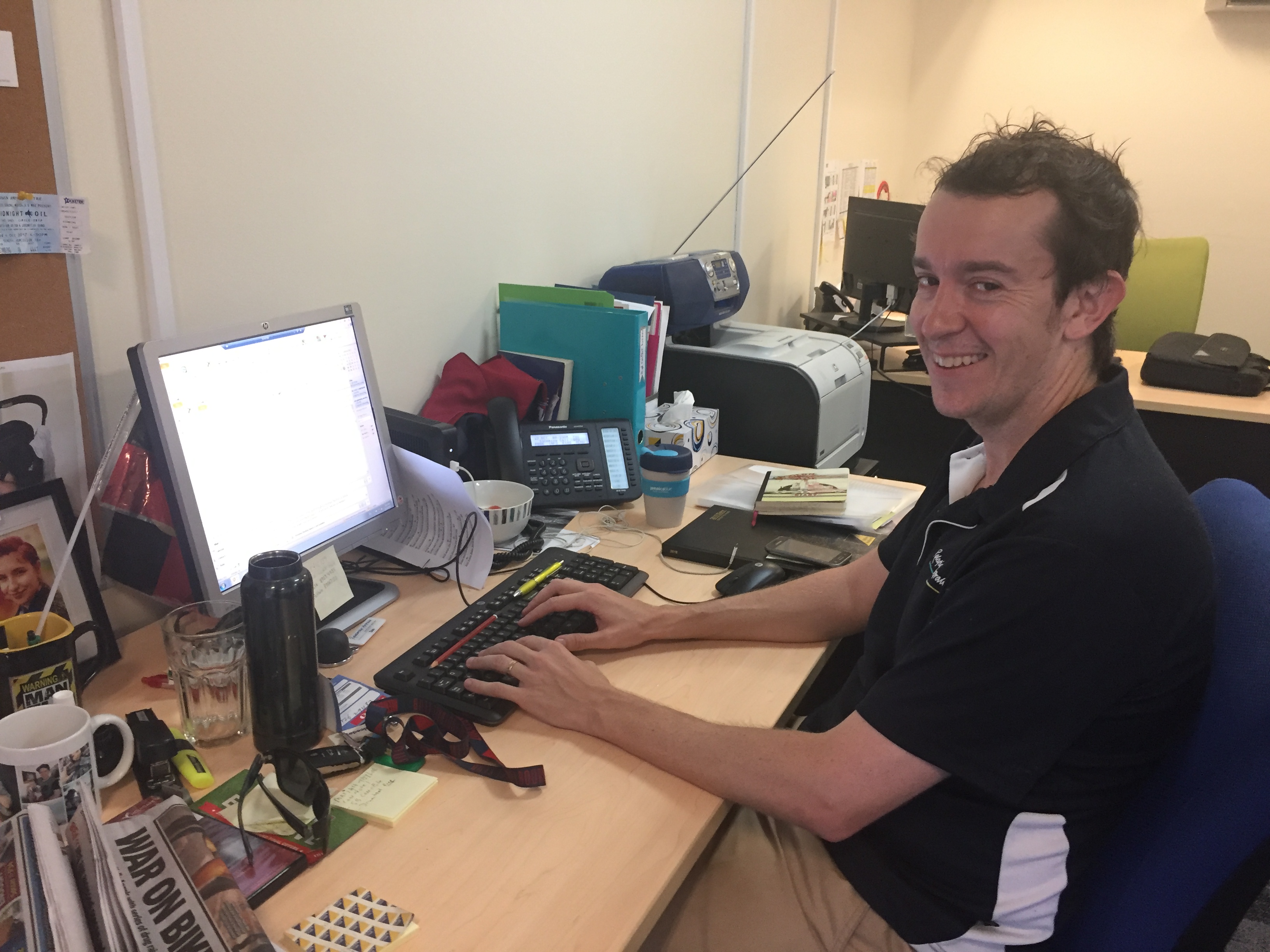
Daniel Hastwell – Counsellor, Royal Commission Support Service
Daniel’s previous experience working alongside Aboriginal consultants with Aboriginal families in child protection and hospital social work
- What sparked Daniel to up and leave Adelaide for the Northern Territory
- Daniel’s interest in culture and it’s connection to personal values of respect for the land
- A day in the life of a Royal Commission Support Service counsellor
- What it’s like to work with traumatised young Aboriginal men and youth
- Using personal disclosure to build a relationship of trust and the challenges of engagement
- celebrating the small moments and stories of success
- outcomes for people who have shared their story with the Royal Commission
- the hopes that clients have expressed for change within the system and Daniel’s hopes for the Recommendations due in November
- The need for early intervention and prevention support services for young people
To listen to this episode simply click on the Play button below or listen via the Stitcher App for iOS, Android, Nook and iPad.

You can also subscribe to podcast and blog updates via email from the Menu on the Home Page.
Don’t forget, if you or someone you know would make a great interview on ‘Talk the Walk’, send us an email from the Contact Page.
Things to follow up after the episode
Contact Daniel Hastwell via daniel(at)ra-nt.org.au
Podcast: Play in new window | Download
Subscribe: RSS

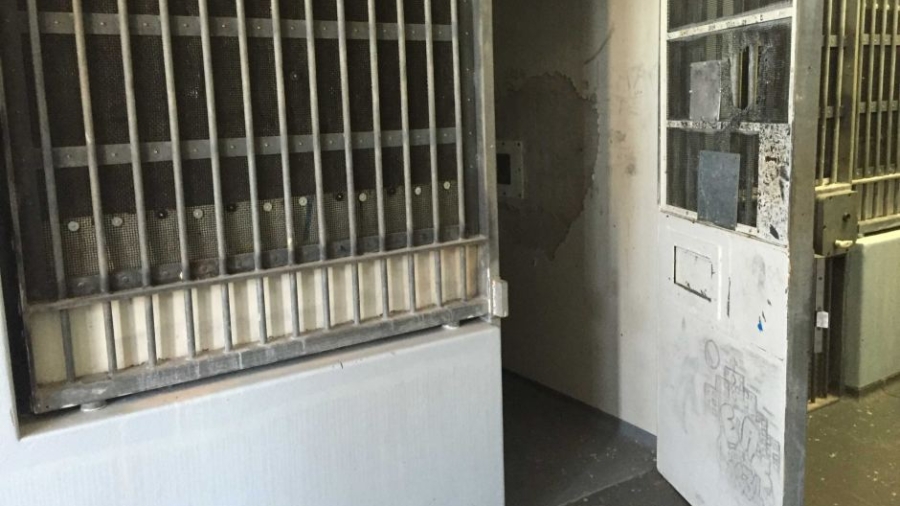
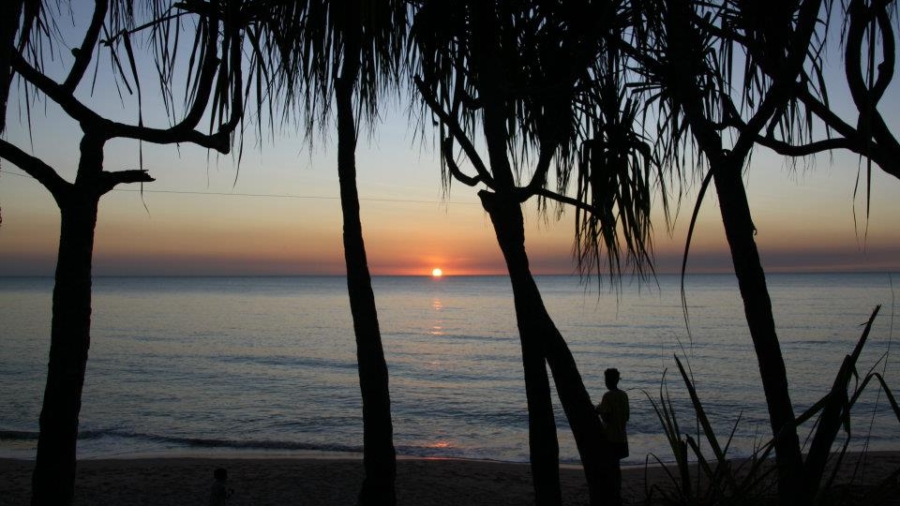
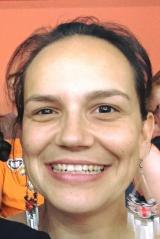 What’s it like to walk in two worlds, as a non-Indigenous social worker in a remote Aboriginal community, fresh out of university?
What’s it like to walk in two worlds, as a non-Indigenous social worker in a remote Aboriginal community, fresh out of university?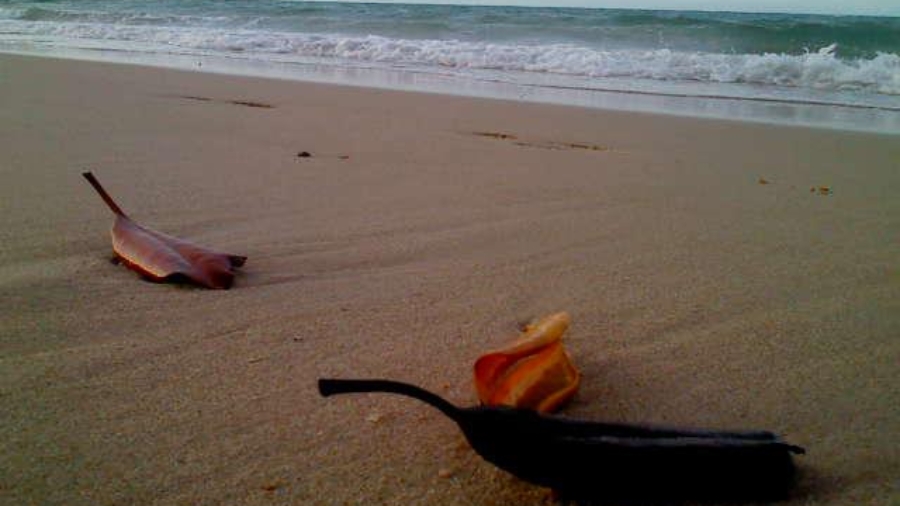
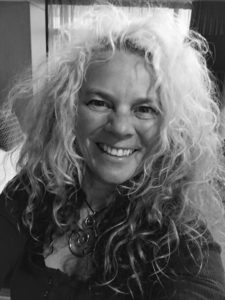
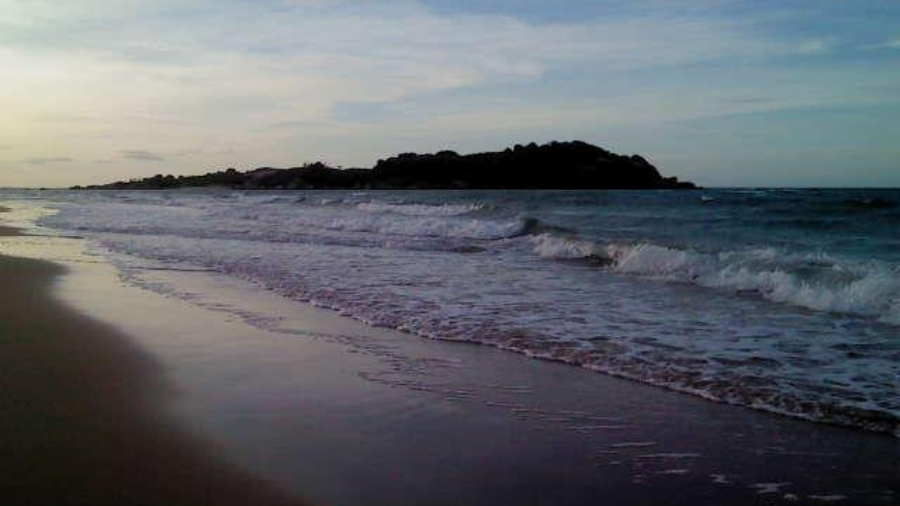
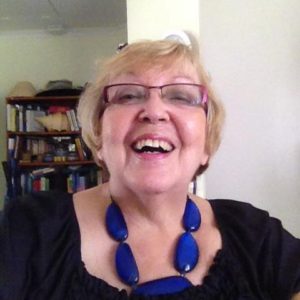 In Episode 8 of ‘Talk the Walk’ I speak with Lyn Whitford.
In Episode 8 of ‘Talk the Walk’ I speak with Lyn Whitford.